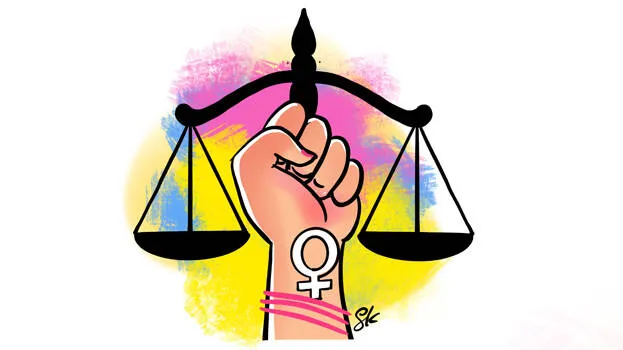

KOCHI: The High Court has clarified that daughters have equal rights in ancestral property of Hindus. This has come into effect from December 20, 2004. It does not apply to the deeds (agreements) before that. The High Court also pointed out that this is after the amendment of the Hindu Succession Act. This has been clarified in the central law. Justice S. Easwaran's decisive judgment has pointed out that the relevant sections of the Kerala Joint Family System Abolition Act, 1975 do not stand in the face of the central law.
The order was granted on an appeal filed by Kozhikode native N.P. Rajani and her sisters challenging the non-existence of equal rights in ancestral property. Section 3 of the state law states that no one can claim birthright in Hindu undivided property. Section 4 states that this property should be divided among all the residents of the ancestral house. There was a situation where married women could not claim rights in the property. Although the sixth section of the Central Act later provided that a right to property could be acquired by birth, the contrary provisions in the Kerala law were an obstacle. The new order has clarified this.
👉Previous order invalid
The court explained that the two orders issued by the High Court earlier against the right to property were not legal and the final order issued by the Supreme Court in the Vineetha Sharma case was applicable.
👉Case as follows
In the petitioners' case, the father had given property to his son while he was still alive. The daughters' petition filed in the Kozhikode Sub-Court challenging this was dismissed. The subsequent appeal was partially allowed by the Additional Sessions Court. In the meantime, the father died. Thereafter, the High Court was approached for equal rights. The High Court, stating that the trial court orders were unjust, also directed that the family property be divided equally between the petitioners and their brother.
👉One daughter equal to 10 sons
The High Court said that the goddess of prosperity resides in the daughter. A daughter can be compared to Goddess Lakshmi in Hinduism. There is an interpretation in the Skanda Purana that a daughter will give the merits of 10 sons. However, due to legal issues, she could not be given equal rights in the ancestral property, Justice S. Easwaran observed in his order.